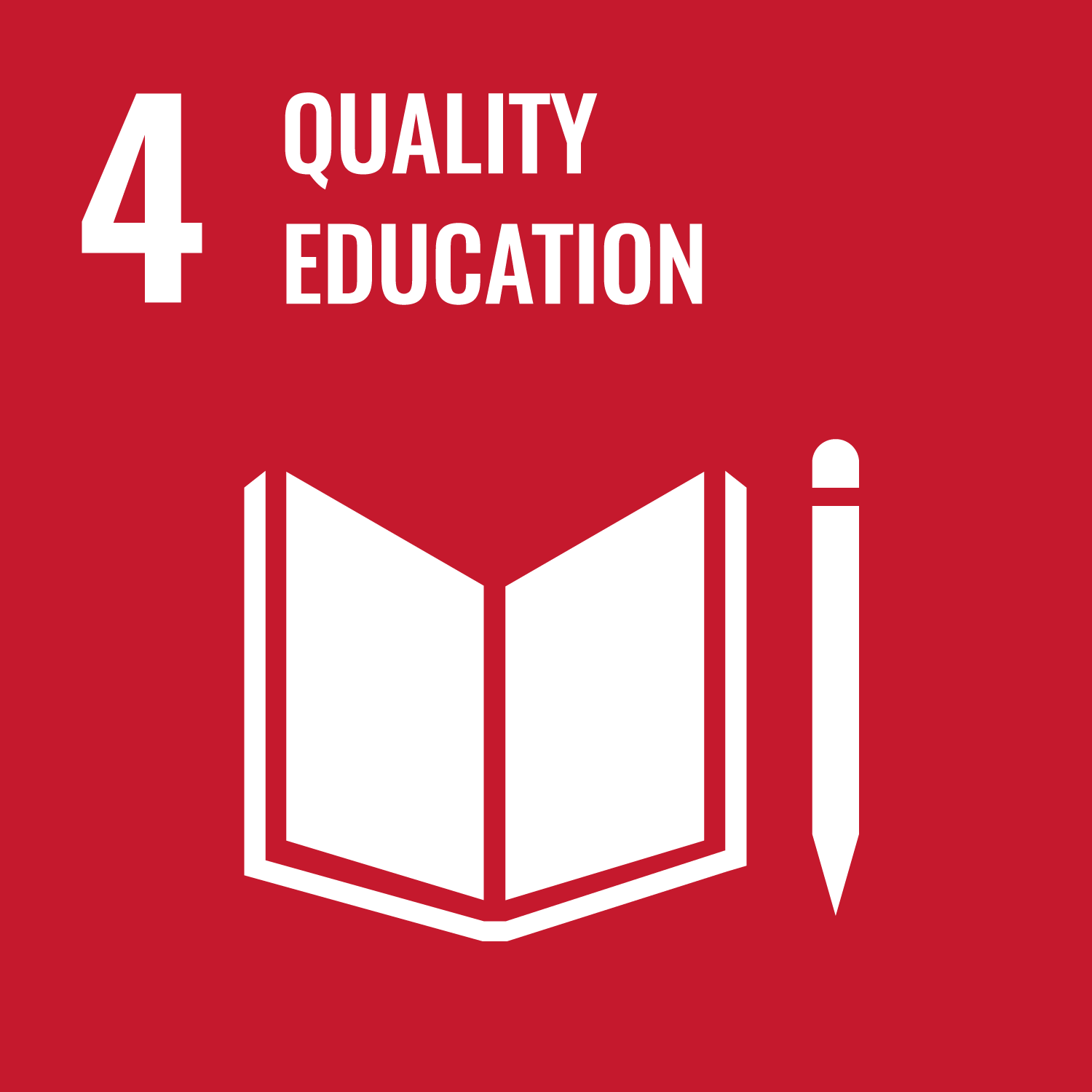Search faculty publications
Display:
15 publications
Other Intellectual Contributions
2024
BEN ABDELKADER, F.
Studies & Reports
2019
BEN ABDELKADER, F.
Chapters
2015
BEN ABDELKADER, F.
Conference Presentations
2015
BEN ABDELKADER, F., C. MÉNARD
Studies & Reports
2015
BEN ABDELKADER, F.
Books
2014
BEN ABDELKADER, F., D. LABARONNE
Other Intellectual Contributions
2014
BEN ABDELKADER, F.
Other Intellectual Contributions
2014
BEN ABDELKADER, F.
Other Intellectual Contributions
2014
BEN ABDELKADER, F.
Conference Presentations
2013
BEN ABDELKADER, F., P. BUNKANWANICHA, C. MOUSSU, C. HOLDERNESS
TEACHING AWARD 2022 BY FACULTY, TEACHING AWARD 2022 BY MIM STUDENTS
Looking for someone else ?
ESCP faculty directory
ESCP faculty directory
 Sustainable Development Goals
Sustainable Development Goals


